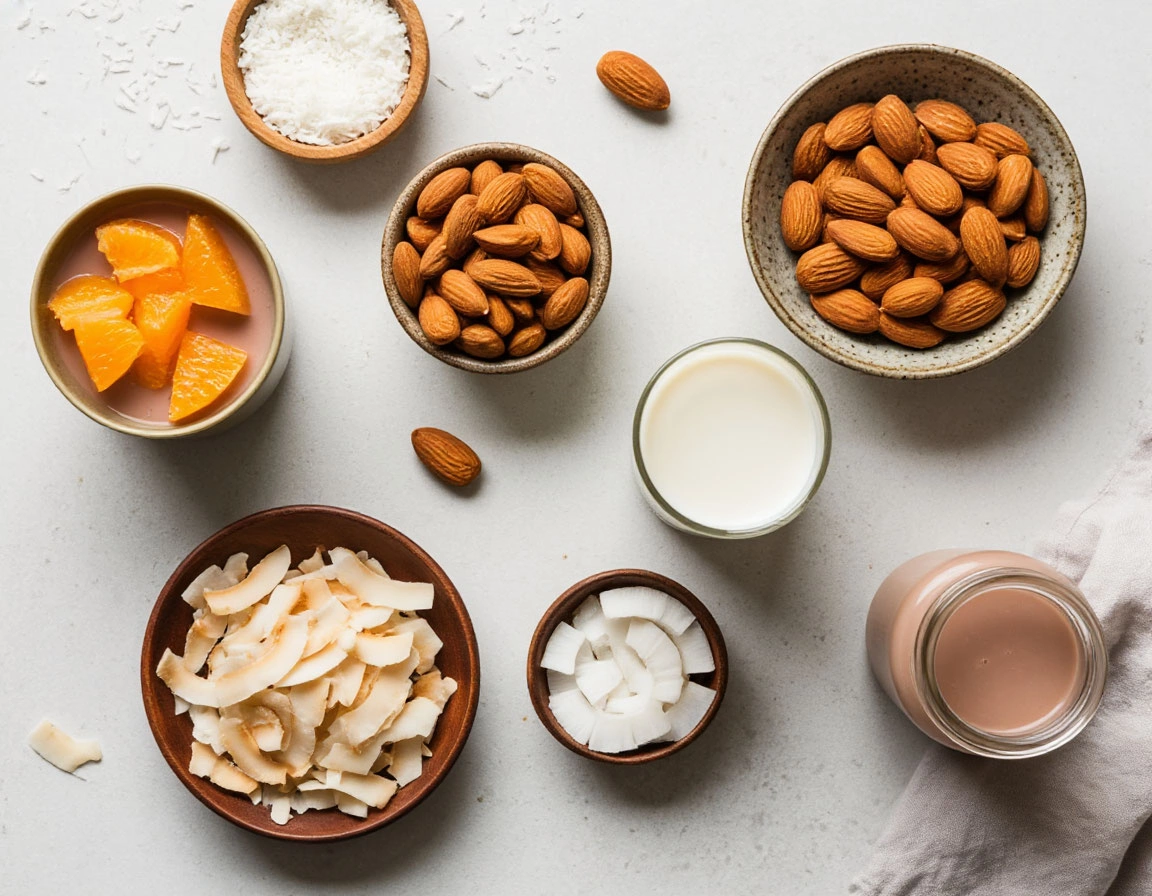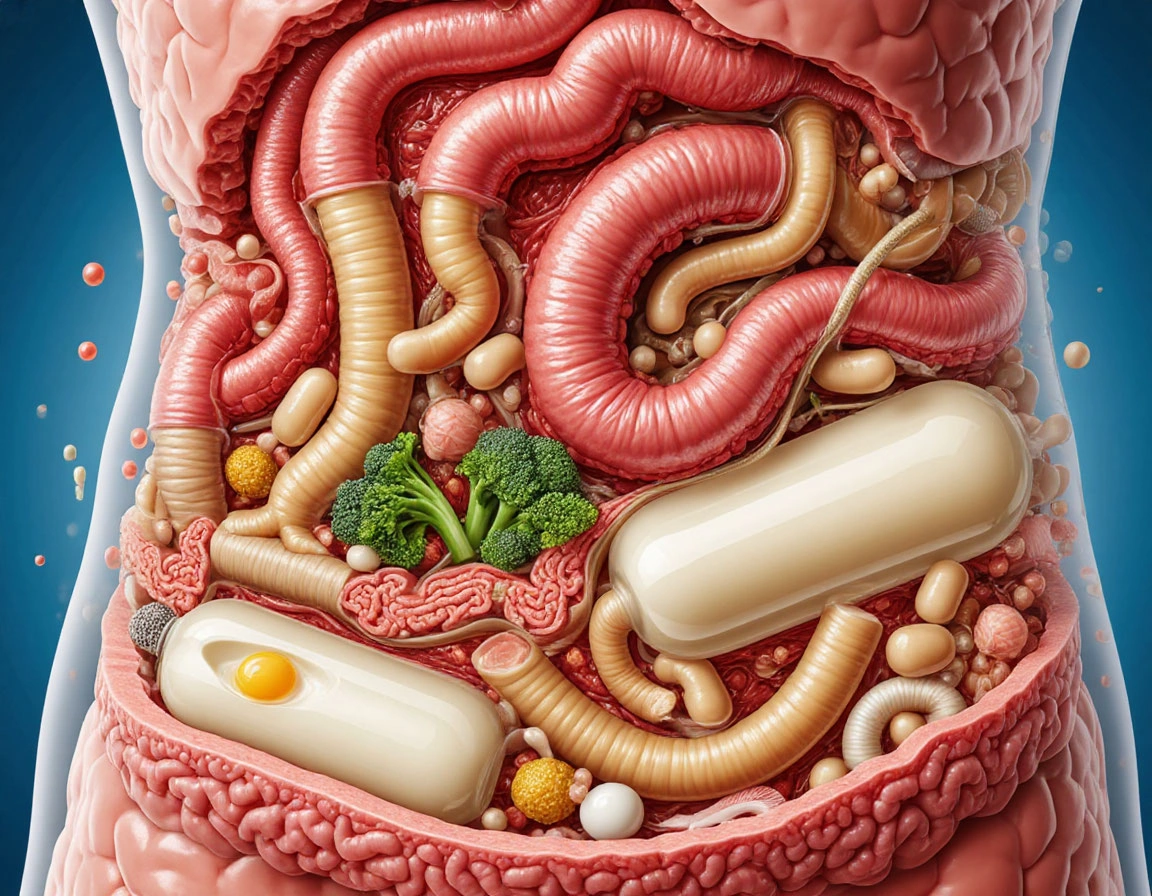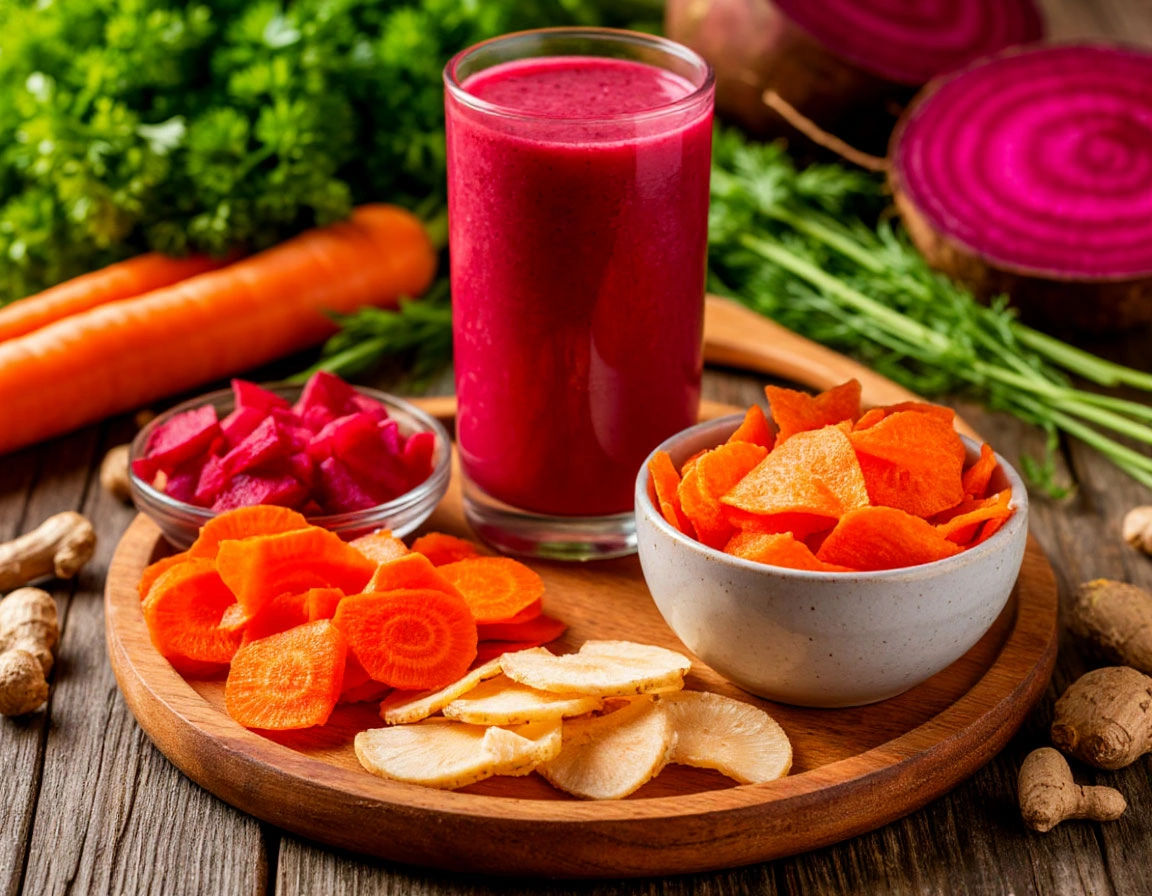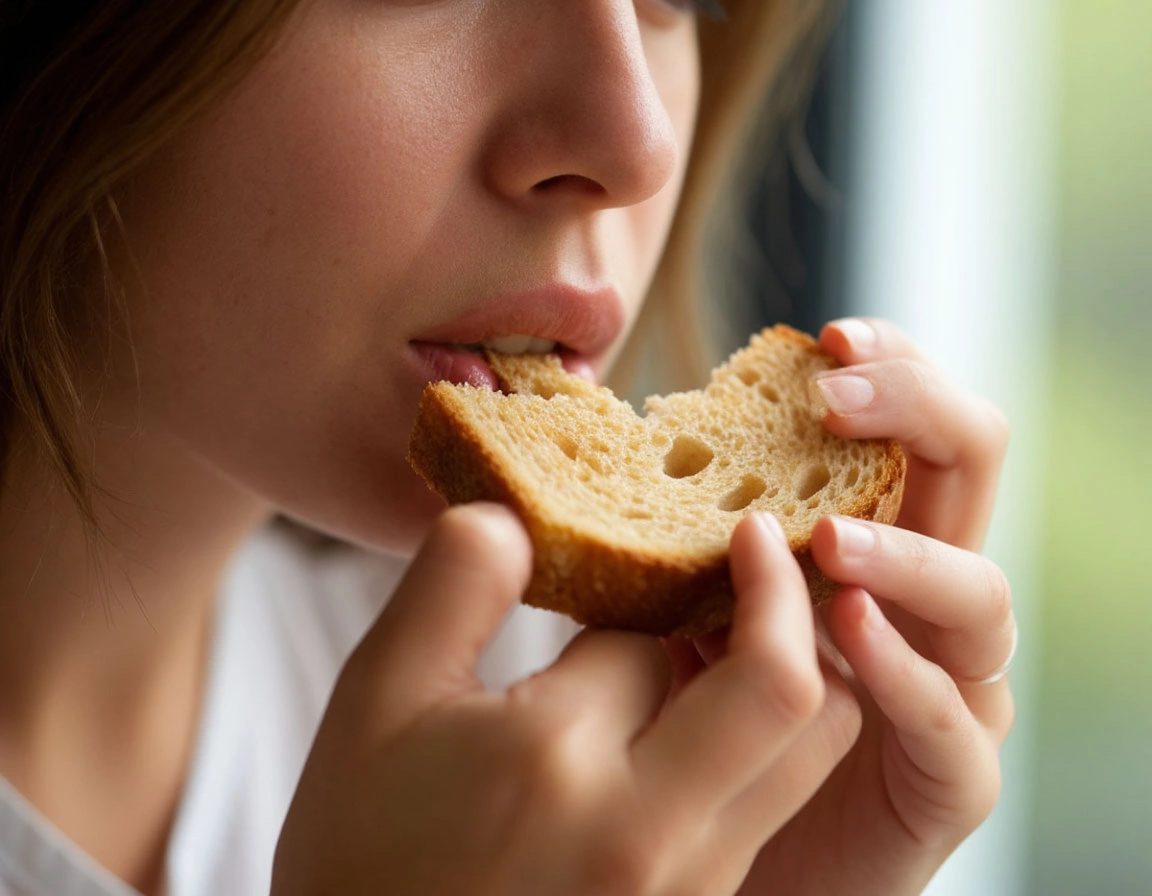🥣 Smart Dieting While Fasting: A Gentle Approach to Nourishment and Gut Health
Fasting has gained significant popularity in recent years, not just for weight management but also for detoxification and metabolic reset. However, while abstaining from food entirely may seem beneficial, science supports a more balanced approach — one that allows targeted nutrition during fasting periods rather than extreme deprivation. Let’s explore how to support your body with the right kind of nourishment during fasting, inspired by historical research, modern dietary insights, and respect for individual digestive differences.

🧠 Fasting NOT Starvation: Why Controlled Eating Works Better
Research shows that eating less — not nothing — is often more beneficial. Extended fasting can pose risks if not supervised, especially for individuals with underlying health conditions. The key is digestive ease, cellular repair, and anti-inflammatory impact — not deprivation. Historical figures understood this long before “clean eating” became trendy:
- Emil Abderhalden, a Swiss physiologist, recommended milk when digestion was compromised.
- Philippe Ricord, physician to Tsar Nicholas I, successfully used milk as therapy in the 1800s.
- John Harvey Kellogg, a pioneer of gut health, introduced chewing practices using corn flakes and supplemented diets with milk to improve microbiota balance.

🥛 Milk and the Gut: The Curious Relationship
Milk, when raw and unprocessed, is absorbed almost entirely in the upper small intestine. This reduces stress on the colon and limits fermentation and toxic byproducts in the gut. Live cultures from raw milk or non-homogenized yogurt may even enhance the intestinal microbiome — if they survive stomach acid.
However, modern pasteurization destroys these bacteria. Homogenized milk may not offer the same benefits and may even worsen gut issues due to the presence of residual spoilage spores. Moreover, with rising awareness of lactose intolerance and concerns over milk proteins like casein, milk-based fasting diets have lost favor in recent years.

🧃 Modern Alternatives for Fasting Support
If dairy doesn't suit you, you’re not alone. There are excellent plant-based options that nourish the body gently and help sustain a light digestive load:
- Fresh vegetable juices (carrot, beet, celery)
- Green smoothies with spinach, parsley, and cucumber
- Almond milk, oat milk, and other nut-based beverages
- Coconut chips and dried coconut, rich in monolaurin, which supports immunity
- Gluten-free crackers and spelt toast for chewing practice
- Organic soy yogurt for gut-friendly bacteria
These foods are nutrient-rich, easy to digest, and allow your body to rest while still receiving essential support.

🥬 The Art of Gentle Chewing and Reduced Load
One overlooked aspect of fasting-friendly nutrition is how you eat, not just what. Proper chewing activates enzymes, reduces load on the gut, and helps prevent bloating. During fasting, even small meals should be chewed thoroughly.
Avoid foods rich in dietary fiber (bulk) during a fasting protocol. Though fiber is beneficial normally, during fasting or gut-reset periods, it can strain the colon. Instead, favor smooth, low-residue foods.
“The heavier the food, the longer you should chew.”

🌙 Skip Dinner, Gain Energy: The Power of 18-Hour Fasting Windows
One of the most effective (yet hardest) strategies during fasting programs is eliminating the evening meal. Though many of us are used to social dinners or late-night snacks, avoiding food after lunch gives your body up to 18 hours for recovery, cleansing, and digestive reset.
This creates a mild fasting effect, reduces total calorie intake, and promotes hormonal balance. The first 2–3 days may feel challenging, but once your system adapts, you’ll likely notice:
- Better sleep
- More energy in the morning
- Reduced cravings
- Flatter stomach

✅ Conclusion: Nourishment, Not Deprivation
True fasting is about cleansing, not punishment. You don’t need to starve — instead, support your body with simple, nourishing, digestible foods that allow your digestive system to rest and your cells to renew.
Close